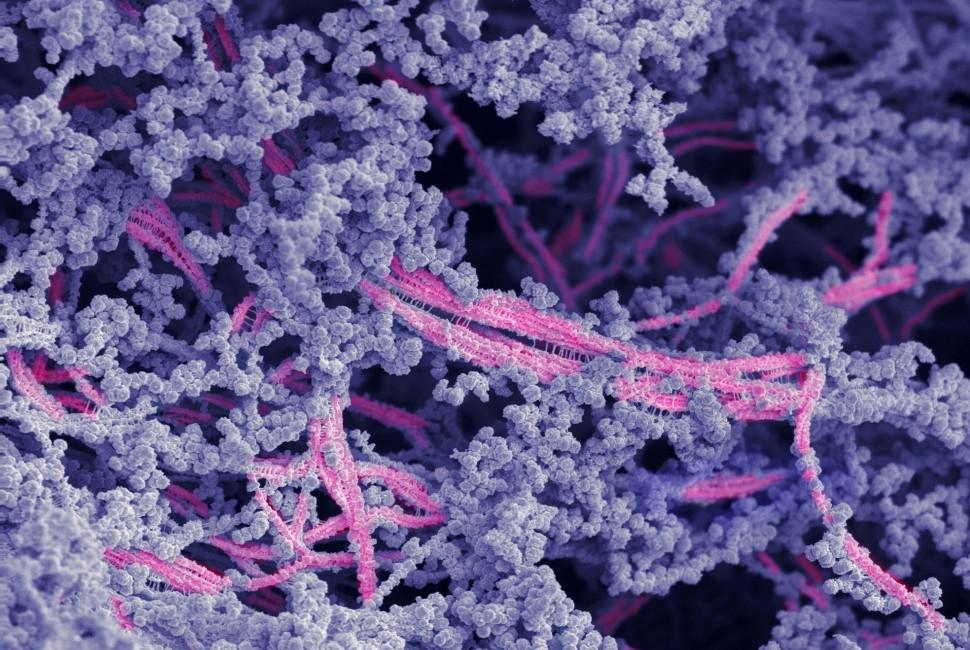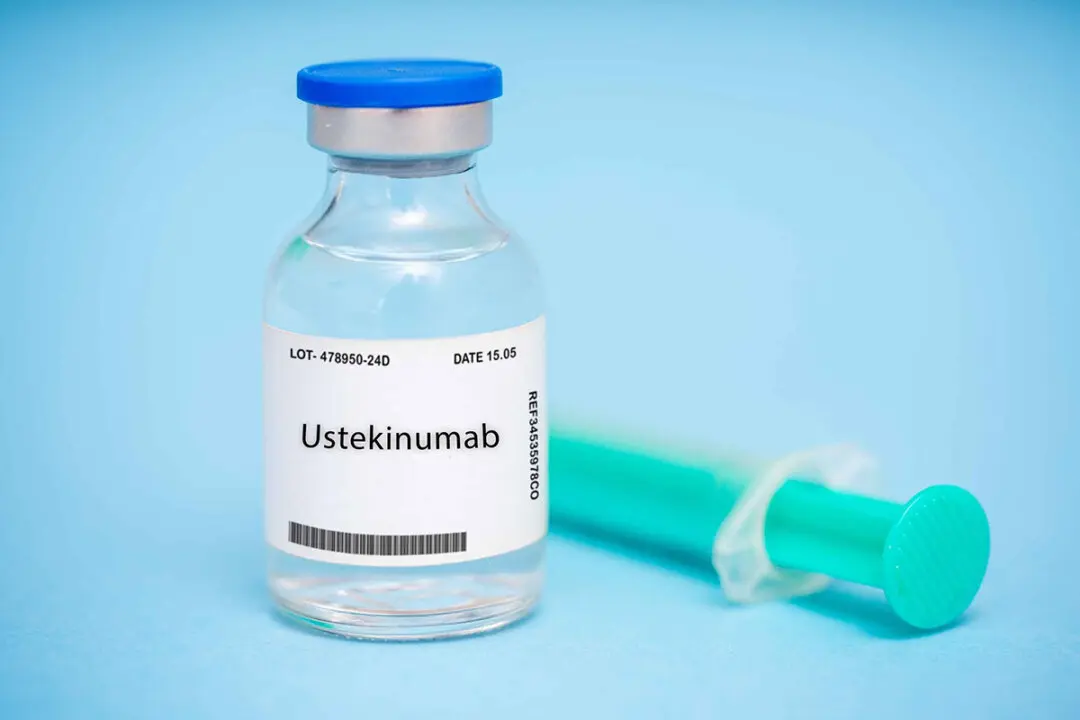A diet rich in fruits, vegetables, grains, and nuts can help men who have undergone prostate cancer treatment recover sexual and urinary function.
The news comes from a prospective study published in the American Cancer Society Journals and gives prostate cancer survivors hope of managing and improving some of their symptoms through nutrition and diet. The study is believed to be the first of its kind to link better urinary health to nutrition.






